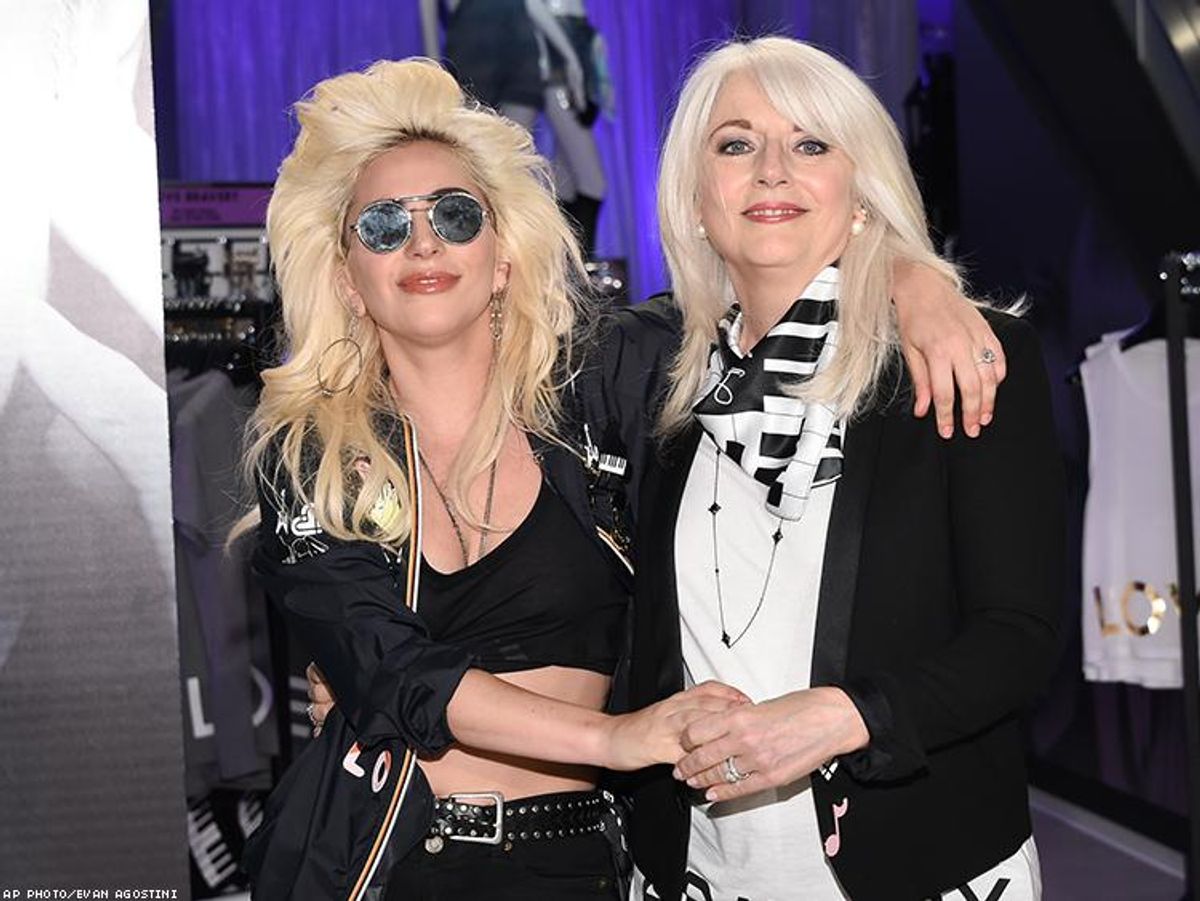With Donald Trump as president, many issues at the forefront during Barack Obama's presidency have receded into the background. But Cynthia Germonatta, cofounder and president of the Born This Way Foundation (also Lady Gaga's "ma-ma-ma-muh"), and Sue Swearer, chair of the foundation's research advisory board, know that bullying -- both online and off -- remains an enormous issue for America's queer youth. The foundation recently conducted a survey that showed how pervasive the problem remains.
Swearer notes that 77 percent of respondents who reported that they had been bullied online also said that they had been the victim of traditional forms of bullying.
"A number of people have talked about how cyberbullying is different. Electronic communication really isn't different from verbal communication," Swearer says. "When cyberbullying became a thing after the Meghan Meier case, people were really stressed out about cyberbullying and thinking about it separately. What we're really seeing is that it's not separate -- they overlap."
Swearer surveyed over 8,500 participants, ages 13-25, recruiting through Lady Gaga's social media, along with her mother's.
"We also, for the first time, translated this survey into Spanish, and we're still collecting data on our Spanish version of the survey." Swearer says.
The study also found that transgender individuals were more likely to report they have experienced cyberbullying, compared to their cisgender peers or those who identified as pangender or genderqueer. Approximately 52 percent of those who identified as transgender reported experiencing cyberbullying versus 22 percent of those who identified as cisgender and 28 percent of those identified as pangender or genderqueer.
Germanotta had many takeaways from the study:
"The research shows that transgender and bisexual young people are particularly vulnerable to online harassment. We can't treat these instances the same, and we can't take a one-size-fits-all approach to supporting their well-being. Also, support from family is very important for any young person, but especially for LGBTQ kids. This research shows that the support from friends is uniquely helpful in preventing LGBTQ young people who are being cyberbullied from depression. We really need to encourage these young people to build strong peer relationships."
Consequently, support from friends -- though not necessarily family -- decreases a young person's chances of experiencing depression if they are cyberbullied.
"As kids are thinking about their gender identity and their sexual orientation, they might not always feel comfortable going to their parents and might feel objection there, and that makes sense to me -- to feel more comfortable talking with their friends," Swearer says.
The information gathered by the foundation will head to researchers, advocates, parents, educators, government officials and anyone who can facilitate change, Germanotta says.
"Any effort to support the wellness and empowerment of young people has to start with an understanding of the challenges they face and the conditions they need to thrive -- genuinely listening to what youth have to say, both individually and collectively through quality research," Germanotta says.
The foundation joined forces with Intel and Vox Media to launch Hack Harassment last year. The initiative is working to foster a safer, more inclusive internet and is currently working towards technical solutions to the problem. The group is also engaging young people and other internet users in the campaign, recruiting athlete Gabby Douglas to serve as their official Change Ambassador and releasing a public service campaign featuring Kesha earlier this year.
Read more about the Born This Way Foundation here.


















































































